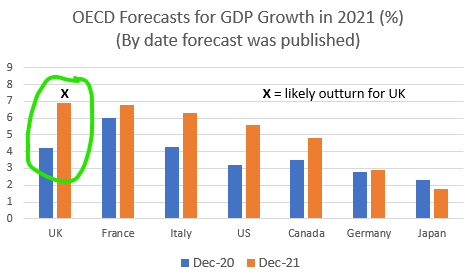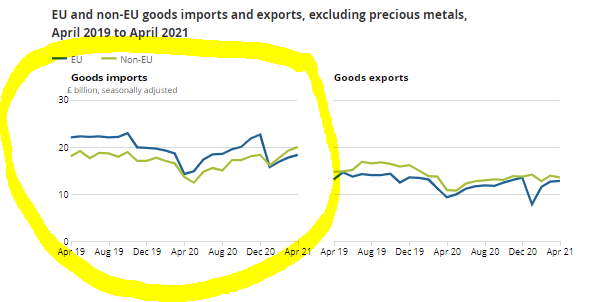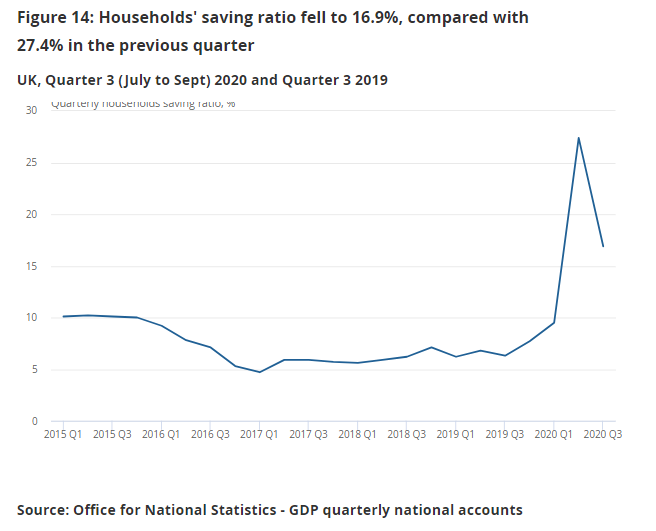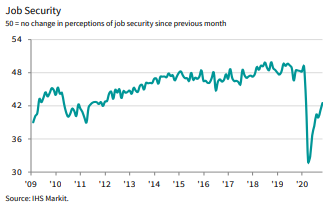
FYI, latest #PMI surveys undermine claims that #NIprotocol / SM membership is helping the Northern Ireland economy to outperform...
NI was the second weakest region In May, with the least optimistic outlook for the next 12 months... (1/3)
#BrexitReality
NI was the second weakest region In May, with the least optimistic outlook for the next 12 months... (1/3)
#BrexitReality

... detail shows Northern Ireland doing worse than the UK average on
❌ activity
❌ new business
❌ backlogs
❌ employment
❌ input costs
❌ prices charged (2/3)
❌ activity
❌ new business
❌ backlogs
❌ employment
❌ input costs
❌ prices charged (2/3)

... and this isn't a new development either 👇 (3/3)
sources: pmi.spglobal.com/Public/Home/Pr…
pmi.spglobal.com/Public/Home/Pr…
sources: pmi.spglobal.com/Public/Home/Pr…
pmi.spglobal.com/Public/Home/Pr…
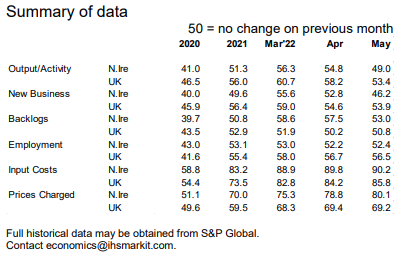
• • •
Missing some Tweet in this thread? You can try to
force a refresh



